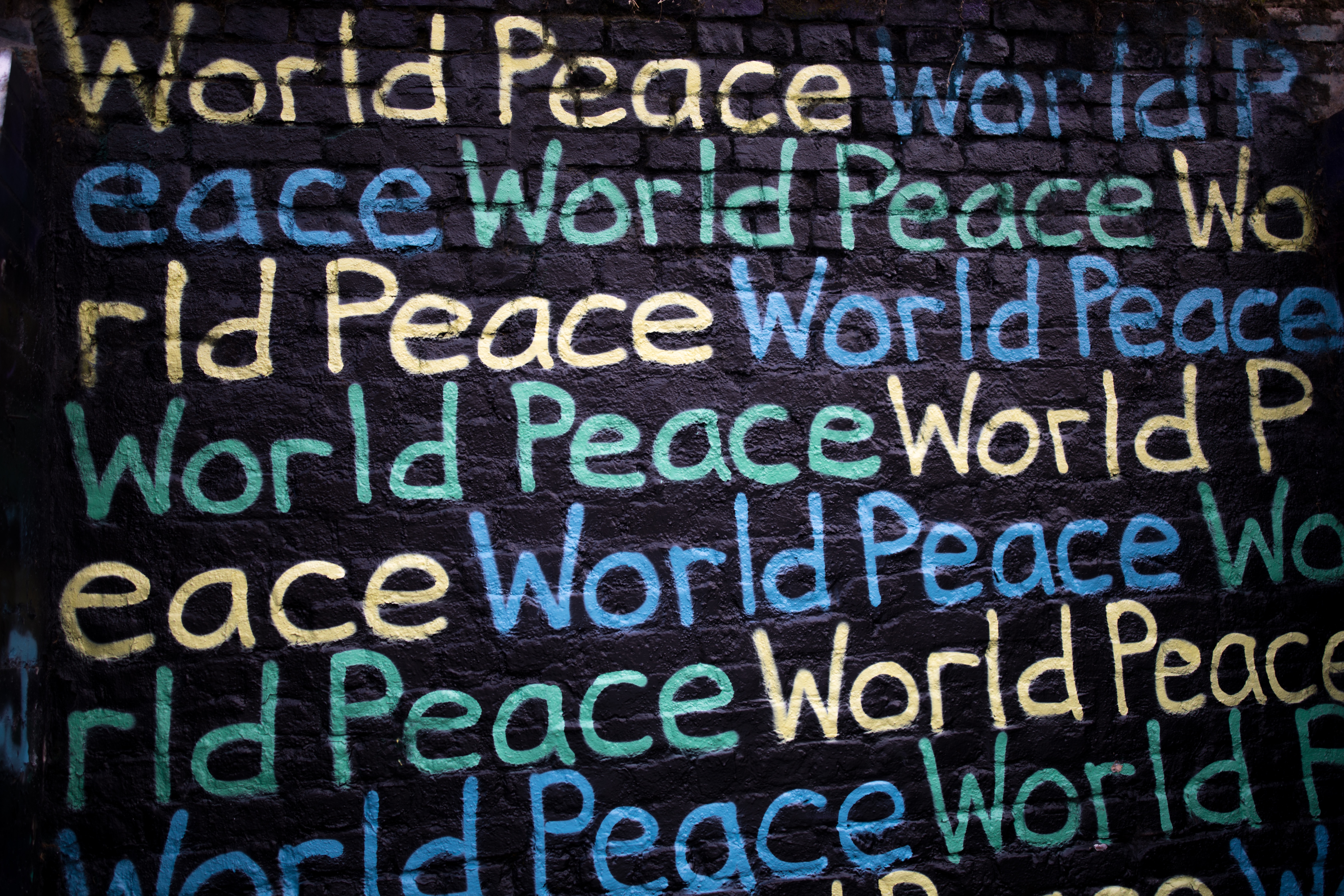Global issues are inextricably linked to the United Nations' Sustainable Development Goals (SDGs). Established in 2015, the SDGs provide a universal blueprint for peace and prosperity for people and the planet, now and into the future. They encompass a wide array of global challenges, such as poverty, inequality, climate change, environmental degradation, peace and justice, among others, making them a comprehensive framework for international cooperation and action. Each SDG is further divided into specific targets, which are designed to address these challenges at multiple levels.
One of the fundamental principles of the SDGs is that they are interconnected; solving one issue often contributes to resolving others. For example, tackling poverty (SDG 1) can help reduce hunger (SDG 2) and improve health and well-being (SDG 3). Similarly, pursuing quality education (SDG 4) can empower women (SDG 5), and create decent work and economic growth (SDG 8). In turn, these efforts can contribute to reduced inequalities (SDG 10) and promote peace, justice and strong institutions (SDG 16).
In the era of globalization, the role of international cooperation in achieving the SDGs is crucial. The global nature of many contemporary challenges, such as climate change or the COVID-19 pandemic, necessitates that nations work together to address these issues. As such, the SDGs provide a shared global agenda that transcends national borders and brings together diverse stakeholders, including governments, civil society, the private sector, and individuals.
While the SDGs provide the framework for global action, they also have implications for local and national contexts. Countries, regions, and cities are encouraged to tailor the global SDGs to their own contexts, developing local strategies and initiatives to achieve these goals. By addressing global issues at both global and local scales, the SDGs promote a multilevel, integrated approach to sustainable development.
Overall, the relationship between global issues and the SDGs is one of mutual influence and interdependence. The SDGs reflect the urgent need to address global challenges, while also providing a pathway towards solutions. They are a testament to the power of international cooperation and the potential for collective action to create a more sustainable, equitable, and prosperous world.
Annually, on 21 September, the world marks the International Day of Peace. Established by the United Nations, this day epitomises our joint aspiration for a world devoid of discord and turmoil. This year, attention is particularly directed towards the crucial role of Sustainable Development Goals (SDGs).
Grasping the Significance
World Tourism Day 2024
World Tourism Day 2024 beckons! As we stand on the brink of another celebration of the myriad wonders of global travel, it's crucial to recognise the significant role of SDGs (Sustainable Development Goals).
Since its inception, World Tourism Day has been an emblematic moment for travel enthusiasts. But this World Tourism Day 2023 isn't just another tick on the calendar. It represents an alignment of the global journey with SDGs.
The Importance of SDGS
Two modern vaccines that have elicited significant opposition are those directed against hepatitis B and human papilloma viruses. In the case of hepatitis B, unfounded claims suggest that it can cause the autoimmune disease multiple sclerosis. These claims have resulted in multiple lawsuits. In the case of human papilloma virus, that causes a sexually transmitted disease, much of the opposition has centered on the suggestion that it will promote sexual promiscuity in young children.



